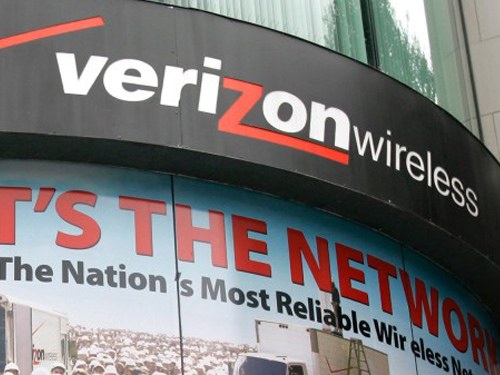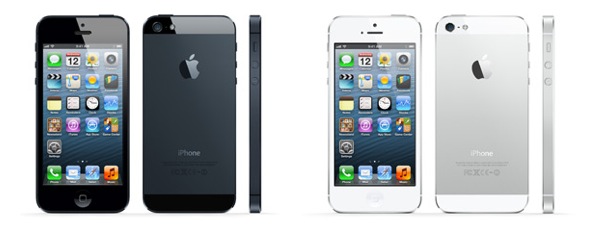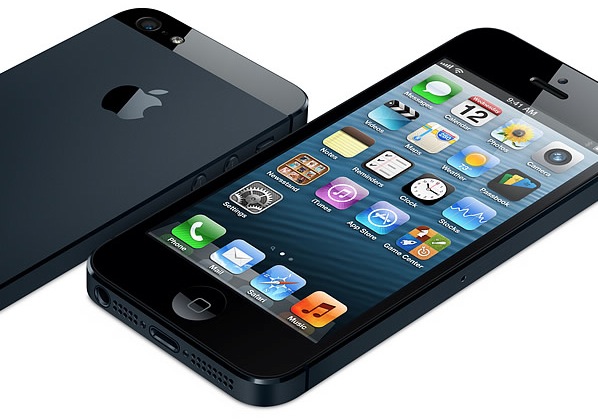Amid cooling iPhone demand, some carriers are having trouble meeting its sales commitments to Apple – and the smartphone maker is in no mood to ignore the issue. One carrier, Verizon Wireless, could be on the hook for up to $14 billion worth of unsold iPhones, one analyst told investors Thursday.
Although Verizon pledged in a 2010 agreement to buy $23.5 billion worth of Apple handsets in 2013, meeting the commitment would demand the U.S. carrier sell more than twice as many iPhones this year as in 2012…
Since doubling sales in what many view as a down year for iPhone demand is unlikely, Verizon may owe Apple between $12 billion and $14 billion in unsold inventory, according to Craig Moffett analyst with his newly-opened independent research firm Moffett Research.
According to Bloomberg, analysts forecast Apple will report a 22 percent drop in net revenue to $6.87 billion during the third quarter. Apple is scheduled to announce its earnings for the three-month period on July 24.
Coupled with the fact the iPhone comprises around half of Apple sales and the company “would be reluctant to simply ignore these commitments,” Moffett writes.
The analyst described it as “unrealistic” to expect the company not to “extract some considerations for renegotiating these shortfalls.” Since other carriers will potentially find themselves in the same position as Verizon, don’t expect Apple to void the agreement.
Rival carrier Sprint may be in a slightly better spot.
Signing its iPhone sales agreement in 2011, the carrier pledged to buy slightly fewer Apple handsets – $15.5 billion worth over four years. If Sprint doesn’t stumble, the provider should be able to meet that target, according to Moffett.
The claim that some carriers are having trouble meeting their iPhone purchase commitments is just the latest reason why some wireless providers are standoffish when it comes to the Apple handset.
While some firms complain of Apple’s tight control of the iPhone, others balk at the high subsidies required. All together, the result is a slowdown in the number of new Apple carrier partners.
Less than a dozen new service providers have signed onto selling the iPhone since 2011. Samsung’s carrier reach, for example, is more than twice of Apple’s. Notable iPhone carrier holdouts include the world’s biggest wireless company, China Mobile.
In countries which could become the latest areas for smartphone growth – like India and Russia – Apple is also searching for partners. All together, billions of potential iPhone customers are said to be left on the table because of Apple’s stringent sales requirements that are now being investigated over in Europe.


